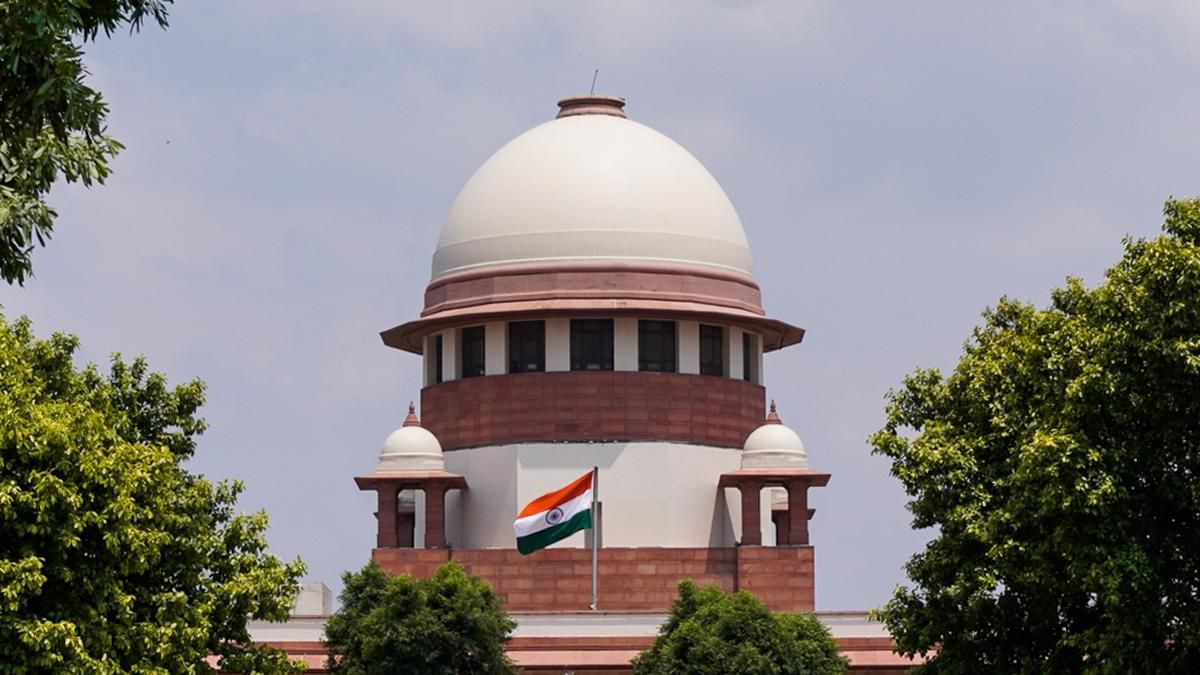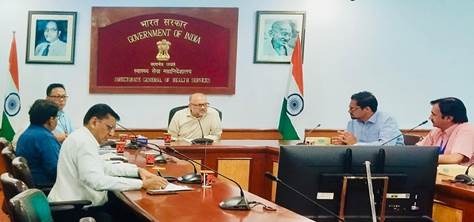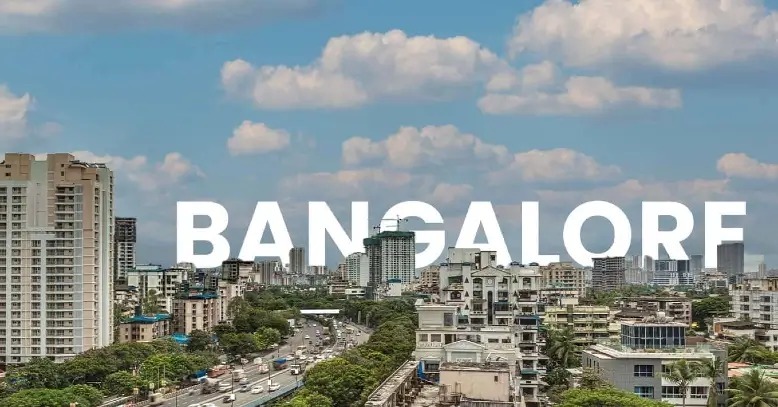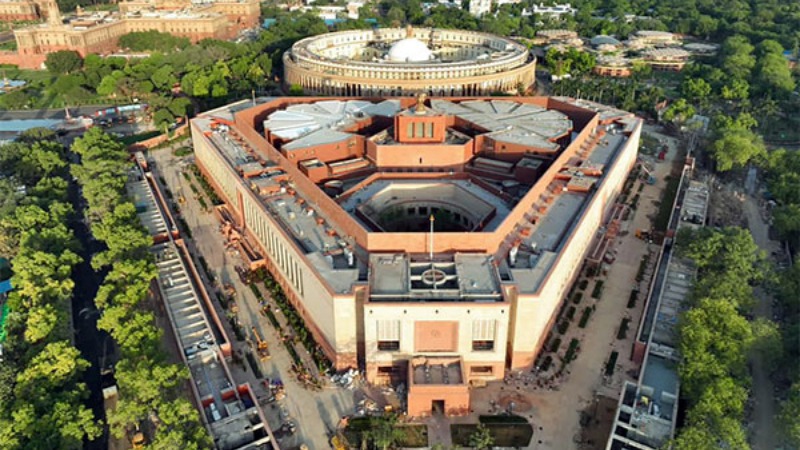 Image Source: The Hindu
Image Source: The Hindu
The Supreme Court of India decisively rejected the State of West Bengal's review plea challenging its earlier verdict which invalidated nearly 24,000 teaching and non-teaching appointments made through the West Bengal School Service Commission (WBSSC) recruitment process in 2016. The judgment reaffirms the judiciary’s commitment to uphold integrity and transparency in public employment.
Key Highlights of the Supreme Court Decision
The bench, comprising Justices P.V. Sanjay Kumar and Satish Chandra Sharma, stated that the review petitions essentially sought a re-hearing of matters that had already been exhaustively examined and dismissed the plea as devoid of merit.
The court upheld its April 3, 2025 judgment, which canceled 25,753 appointments, citing grave irregularities, fraud, and illegalities that compromised the integrity of the entire recruitment process.
A significant factor was the failure of WBSSC to retain original or mirror copies of the OMR answer sheets, a critical lapse that prevented fair verification and auditing of results.
The judiciary highlighted deliberate attempts by authorities to cover up misconduct and irregularities, which further complicated the verification process and tainted the recruitment.
While the cancellation affects many untainted candidates, the court emphasized that safeguarding the purity of the recruitment process takes precedence over individual hardships.
Background and Context of the WBSSC Recruitment Scam
The controversy traces back to a massive recruitment drive conducted in 2016 for filling thousands of positions in government and aided schools across West Bengal.
Allegations of bribery, favoritism, and manipulation led to the recruitment exercise being labeled as the “school jobs scam.”
Initial quashing of appointments was ordered by the Calcutta High Court in April 2024, a decision upheld by the Supreme Court in 2025 after extensive hearings.
The court emphasized the importance of public trust in transparent and fair recruitment processes in State institutions.
Impact on Candidates and Government Directive
To alleviate the plight of those untainted by any wrongdoing, the court permitted temporary continuation of assistant teachers in service until fresh recruitment is conducted.
West Bengal School Service Commission was directed to issue fresh advertisements by May 31, 2025, and complete the recruitment process by December 31, 2025.
The bench warned that failure to adhere strictly to timelines would lead to withdrawal of protections extended to current teachers in affected categories.
Judiciary’s Strong Remarks and Governance Message
Adverse remarks against state authorities and officials responsible for oversight failures were upheld, underscoring negligence and breach of duty.
The Supreme Court reiterated the primacy of maintaining sanctity, honesty, and meritocracy in government recruitment, signaling zero tolerance for such corrupt practices.
The ruling sends a clear message across states and government departments to strengthen audit mechanisms and uphold administrative integrity.
Conclusion
By dismissing West Bengal’s review petitions, the Supreme Court has reinforced its earlier landmark verdict that safeguarded the sanctity of public recruitment processes. The judgment protects the principles of transparency and fairness in governance, though it acknowledges the hardships caused to innocent candidates. Fresh recruitment within stipulated timeframes seeks to restore trust and equity in the system for future aspirants.
Sources: India Today, The Law Advice, IANS, The Shillong Times
Advertisement
Advertisement








